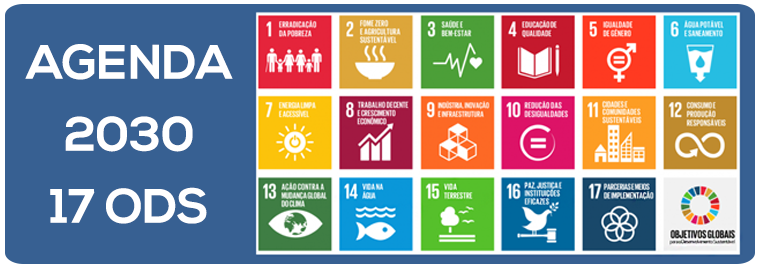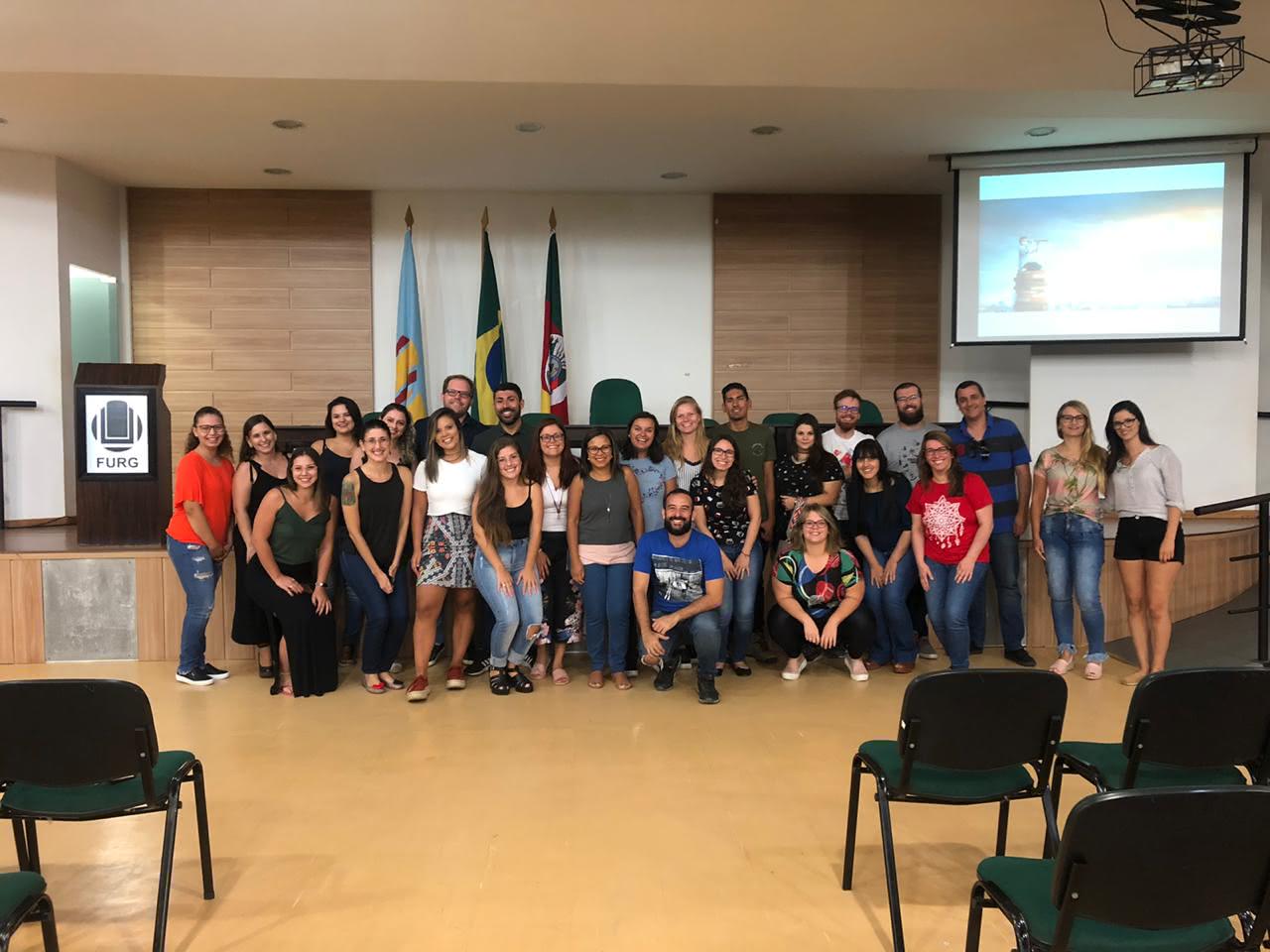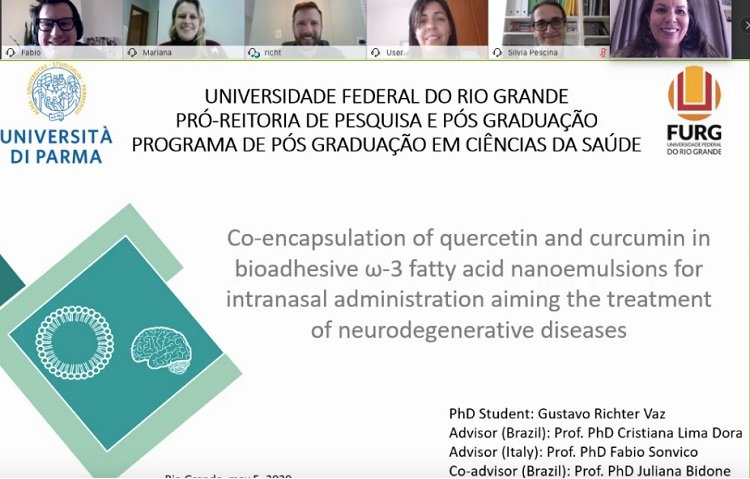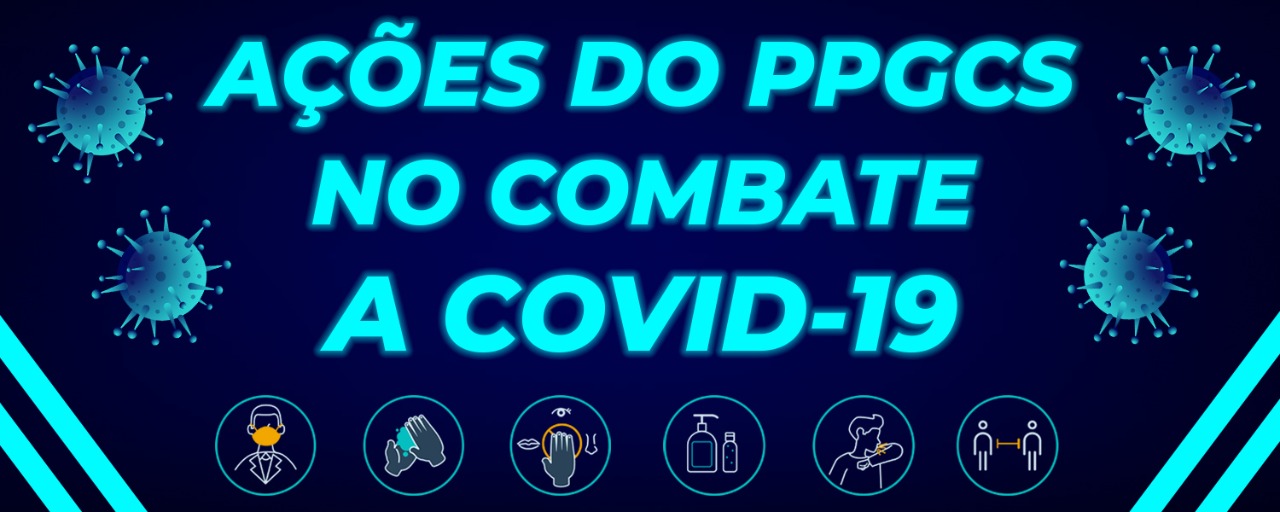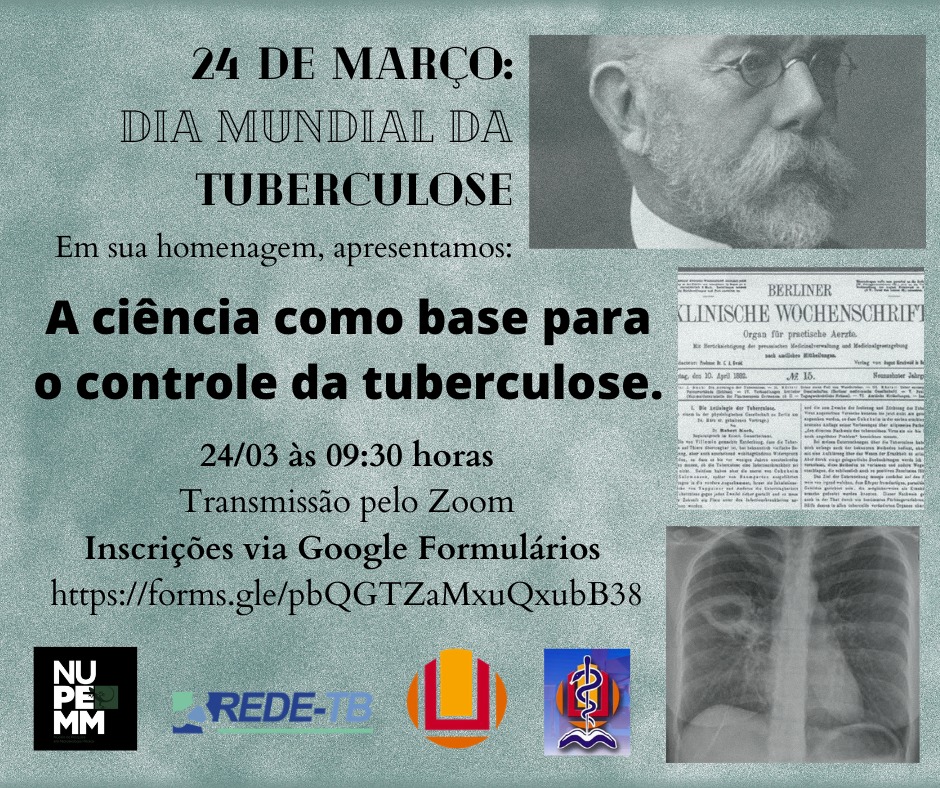Introduction
Program
The Graduate Program in Health Sciences of the Federal University of Rio Grande (PPGCS-FURG) was created in 2005 and through the Master’s and Doctorate Degreesis aimed at the training strengthening of human resources, with emphasis on the lines of Technology applied to the Study of Infectious and Parasitic Agents, Epidemiology, and Health Promotion and Recovery.
AREAS OF CONCENTRATION:
• Preventive medicine
• Investigative Medicine
• Inputs for the health area
RESEARCH LINES:
DEVELOPMENT OF VACCINES, DIAGNOSTIC AND THERAPEUTIC METHODS
Development of inputs, processes and platforms that aim to promote the prevention, diagnosis and treatment of diseases of national interest. The projects related to this line seek to reduce dependence on imported products and collaborating to build a health technology base in southern Brazil.
DRUGS AND MEDICATIONS
From new pharmaceutical forms such as nano carriers as well as natural and synthetic sources of new drugs, the related projects to this line aim to advance in the knowledge of technological and nature potentialities in order to obtain alternatives for infectious parasitic diseases among others.
ENVIRONMENTAL AND OCCUPATIONAL HEALTH
The research line of Environmental and Occupational Health aims to encompass projects that investigate the relationship between the environment (external, internal and work) and determinants of health, well-being and quality of life. Also included are studies on the influence of environmental and occupational factors on morbidity/mortality and on the relevance of a healthy environment to the maintenance of quality of life.
STUDY OF CHRONIC NON-COMMUNICABLE DISEASES
It develops researches in order to study the picture of the Chronic Non-communicable Diseases and their risk factors. It presents a theoretical and analytical framework for its social determination, oriented towards public health actions. It also investigates epidemiological aspects to the health of the population in general, and, especially, vulnerable groups.
BASIC ATTENTION AND AGGREGATES TO THE HEALTH OF THE POPULATION
It develops research on acute infectious or non-infectious diseases. It studies the epidemiology of pandemic, epidemic and endemic diseases and their risk factors. It investigates social determinants and the vulnerability of health promotion. It develops health education surveys; prevention and protection; nutrition of populations; maternal and perinatal health; family planning; immunizations; distribution of medicines; control, health management and evaluation of health services
HOSPITAL INFECTION AND ANTIMICROBIAL RESISTANCE
Study of infectious diseases in which the causative agent is acquired in the hospital environment and that clinically manifest in the patient during its stay or even after discharge. The developed studies are based on the knowledge of factors that are associated with pathogens, host and environment. Though in a more pragmatic way, the impact of the infection on both the patient and the public health is also studied, as well as items related to the cost-effectiveness of new control strategies such as the implementation of protocols for the rational use of antimicrobials, disinfection and antisepsis procedures, diagnostic methods, measures that monitor and control infections. Regarding antimicrobial resistance, the studies are not restricted to hospital infections but also cover those infections acquired in the community: antimicrobial resistance rate, resistance mechanisms, biological cost and fitness of resistant pathogens, dissemination of resistant pathogens, horizontal transmission of associated to resistance genes and the evolution of the resistance against selective pressure by antimicrobial consumption.
STUDY OF PARASITIC INFECT DISEASES
Infectious parasitic diseases are an important cause of morbidity and mortality in our country, especially in people and places with greater social fragility. In this line there is a development of projects that seek to deepen the knowledge regarding prevention, diagnosis and treatment of these diseases.
Coordenação
Coordinator
Pedro Eduardo Almeida da Silva
Lattes CV: http://lattes.cnpq.br/6274475036894377
Assistant Coordinator
Flávio Manoel Rodrigues da Silva Júnior
Lattes CV: http://lattes.cnpq.br/6001686006338661


